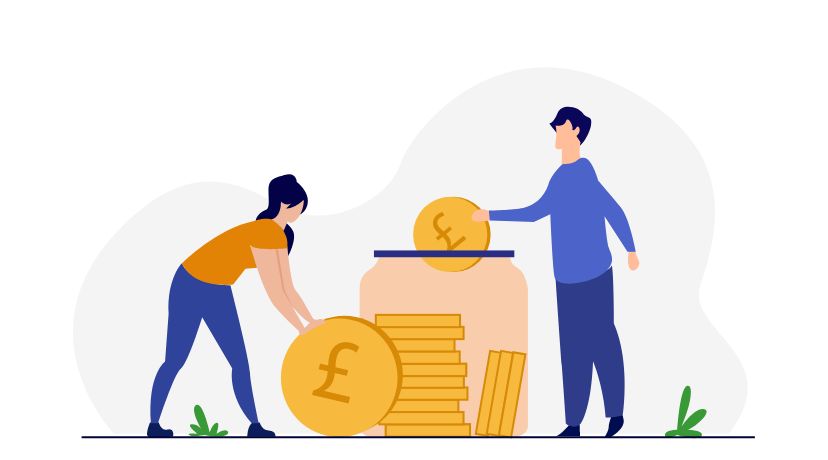No, you haven’t done anything wrong – lots of customers making minimum or low repayments have been sent this letter. Your account is not officially in arrears, as you have been making the minimum or more than the minimum payments each month. However, due to the change, you are encouraged to increase your payments in order to not fall further into persistent debt.
If you can’t increase your payments sufficiently, your account will remain in persistent debt and we’ll work with you to repay your balance over a reasonable period of time, at an amount that’s affordable for you. However, if you cannot afford to increase your payments sufficiently, your account will be suspended.
